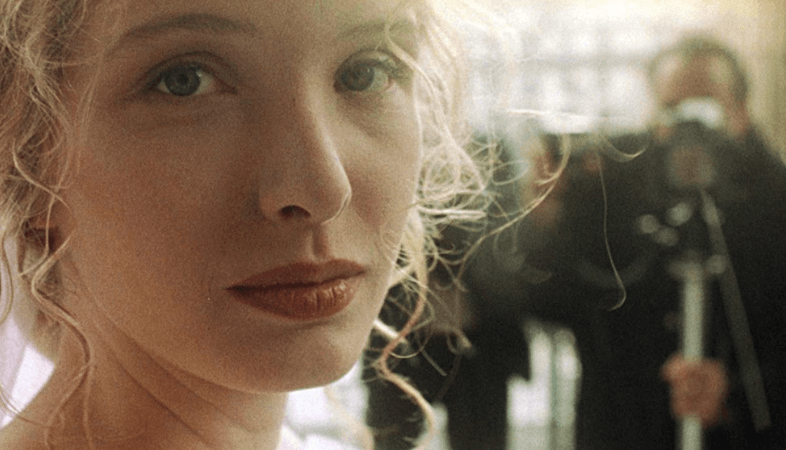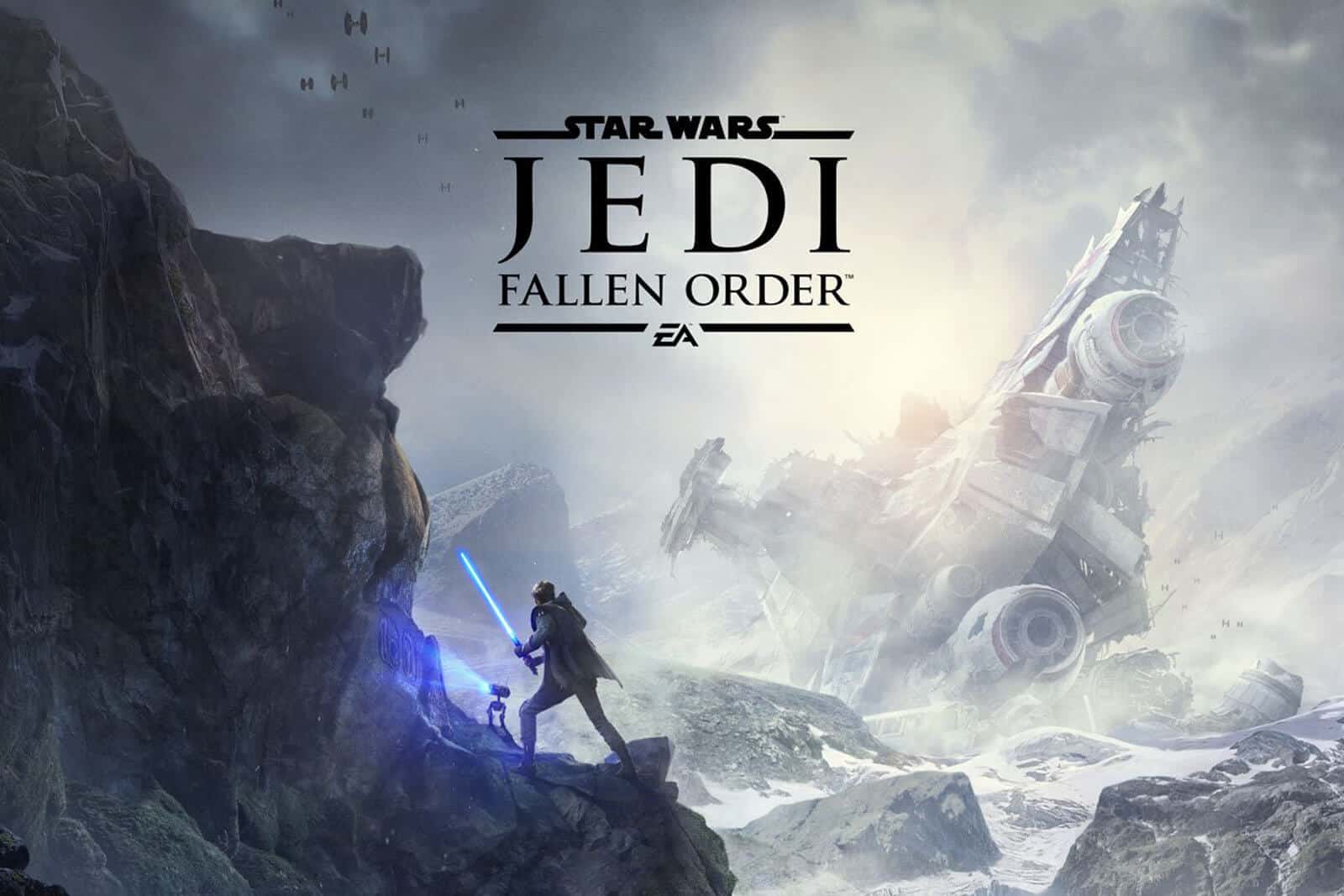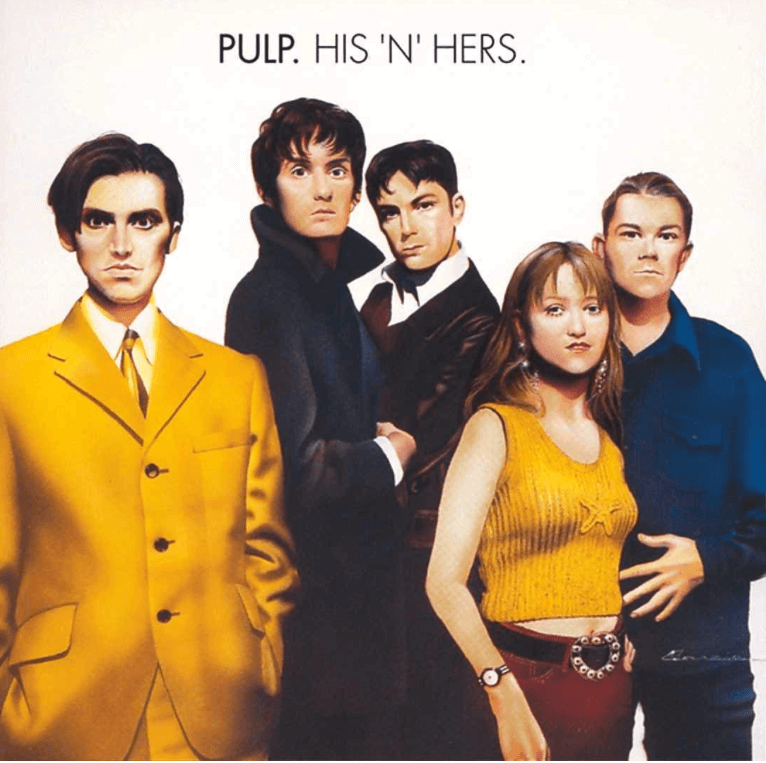Review: Three Colours: White – 25th Anniversary
29th April 2019
After the inspired events of Three Colours: Blue, it could only go downhill for the second and third instalments of the Three Colours Trilogy.
Granted, as the first in the series was a close masterpiece, the second in the series, White, had its work cut out for it. Contained within a completely different location, and only loosely connected to the vaguely depressing events of the first, Three Colours: White transports us to the story of Karol Karol.
If we compare White with Blue then it’s certainly obvious that Blue is the far superior film: it blows it out of the water entirely. But White, as its own standalone film, is a marvellous experience, a really thorough and horrid look at the lengths someone will go to when in the midst of a mid-life crisis. Karol Karol, played by Zbigniew Zamachowski, goes from a down on his luck, likeable character, to nothing more than the very sleaze that he himself had tried to avoid.
Three Colours: White can pride itself mainly on strong character development, with Karol becoming my favourite of the lead characters in the trilogy. Zamachowski’s performance is superb and it’s a sad shame he hasn’t appeared in much else.
Kieslowski’s direction, as ever, alludes to so much more than the film truly shows, a harbinger of stylish shots, straight-shooting storytelling and eclectic misery in the form of his protagonist. It’s an amazing blend to behold and, for the most part, the pairing of Zamachowski and Janusz Gajos as Mikolaj creates a stunning on-screen duo that really adds that little bit of extra quality to the movie.
The ever-talented Julie Delpy makes an appearance as Karol’s wife. The two are in the process of a divorce when Karol decides his only option is to return home; what follows is excellent iconography, pure panic that seeps out of the screen and into the mind of the viewer. Kieslowski’s direction makes an already horrid plan seem more feverishly villainous than it already is, with such amazing storytelling throughout.
However, it never quite reaches the peak of Three Colours: Blue. Not once did I think Three Colours: White would ever topple the first in the series, and it’s a sad shame too as it does come close, time after time. But what it lacks in grief and emotion, it makes up for in interesting characters; what it loses in direction, it makes up for with dialogue.
Three Colours: White is, ultimately, a strange mixture that highlights different tropes of Kieslowski’s work, for better or worse.


